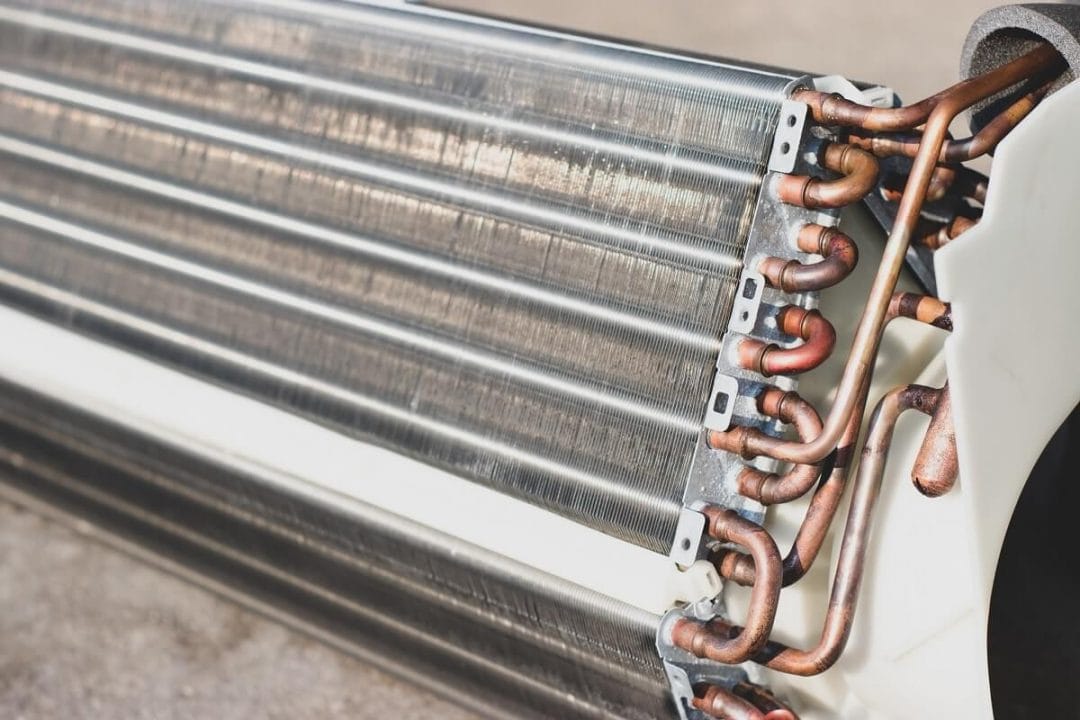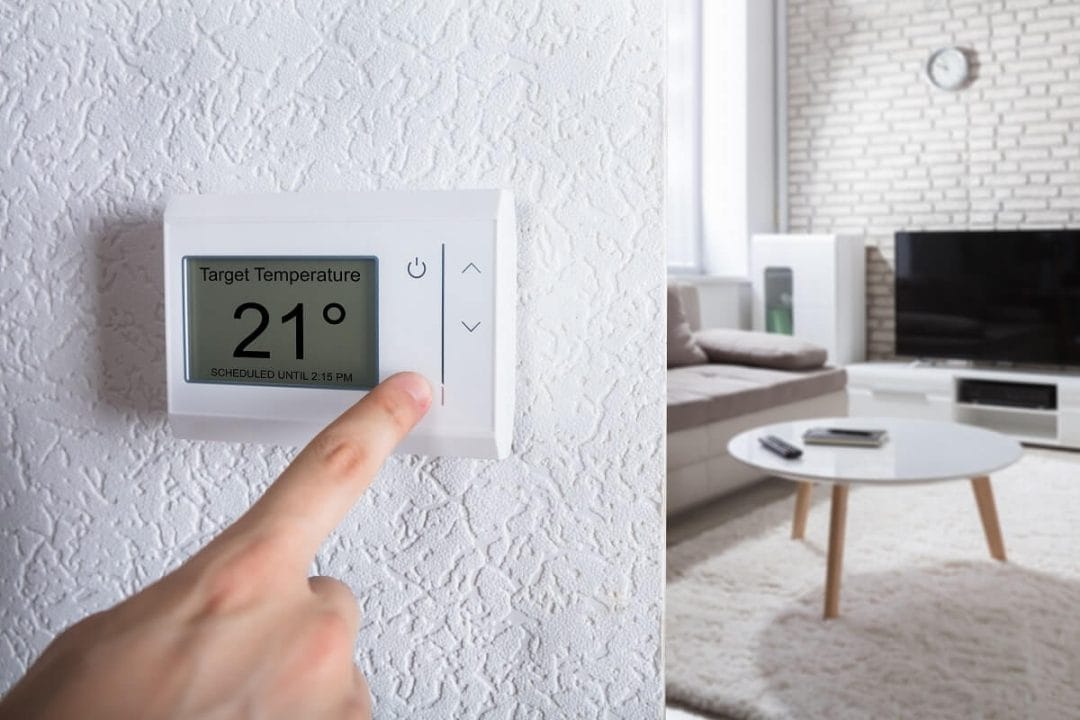We all know the importance of maintaining an HVAC system. And we also understand that sometimes bad practices can result in a broken machine, but what are you doing wrong? Find out so this doesn’t happen to your home!
The time to check your A/C system is during the off-season. When you’re not using it, take some extra steps so that if anything goes wrong with this machine then repairs can be made in advance and efficiently for everyone involved!
Common Causes of A/C Problems
To keep your A/C running smoothly, you need to be mindful of how often and when in between uses it is used. The more times an appliance such as this unit gets fired up or turned on for a short period then taken off again without being fully cooled will cause wear-and tear over time which may lead into failure due lack lubrication from excessive friction against moving parts within its mechanism—reporters note that these habits can quickly become harmful if not addressed immediately!
Low Refrigerant
Refrigerant is a substance that removes heat and moisture from the air. It’s normal for A/C units, especially old models, to leak this substance. It leads to low refrigerant levels and causes problems for the system, such as:
- loss of cooling power
- ice forming on the coil
- damage to the compressor
Solution: When you see leaks, call an HVAC specialist who will determine where these are coming from and to patch them up.
Frozen Evaporator Coils
The evaporator coil is the heart of your A/C unit. It absorbs heat from air, circulates it with refrigerant and prevents freezing over so you can enjoy cool home all year long! If these coils are compromised due to an issue within its plumbing system (i.e., worn out furnace), then there will be a layer build-up on top that could cause problems down below for any household appliance using electricity as well – including TVs or computers which often times require ample cooling power in order operate smoothly at their optimum efficiency level.
Solution: If your A/C unit is leaking, check to see if your evaporator coils froze.
Dirty Condenser Coils

Common HVAC problems often come from dirty parts.
“During winter, we tend to ignore cleaning the A/C. But leaving this off your to-do list will lead to dust and grime build-up in the unit, including its condenser coils.”
You don’t want to let dust and grime build up on your A/C system, because it can cause performance issues. It also leaves room for natural wear-and tear which will accelerate the degradation process over time!
Solution: Make sure to clean your A/C unit, especially its condenser coils, during winter or when not in use. Do this again before you turn it on to avoid any performance problems.
Thermostat Problems

If you have an old A/C unit that uses a dial-type thermostat, its calibration is likely wrong. When it’s not corrected, your A/C unit won’t perform at its best. If you have a programmable thermostat, you might make mistakes in calibrating it. This will result in the same consequence of making your A/C unit perform harder, again, wearing it off more rapidly.
Solution: If you have a dial-type thermostat, consider having it changed to a programmable one to have better control. If you are having problems with your programmable thermostat, consider checking the user manual or the manufacturer’s website for tips.
Clogged Drains
You might not be aware of it, but your A/C unit has built-in drains to keep moisture in the air from leaking all over. These same channels can become clogged by dust and dirt though so when you don’t unclog them before a backup occurs – water will back up into said system which could damage everything within its reach including furniture! At worst case scenario; if this happens repeatedly enough then there’s potential for internal leaks that could wreak havoc on any room below ground level (or even externally).
Solution: Check your A/C unit’s drains before turning it on. Clean it and remove any build-up. You may also hire a specialist to do it if you can’t reach the drains.
Fan Problems
You might think that you can just replace one or two components when your A/C goes out, but there are actually a variety of problems with these systems. For example, if either fan fails to work as it should—whether due in part from lack-luster performance by its motor (the blower) and/or poor wiring within the system itself—you risk having nothing left except for hot air!
Solution: Check the motor for damage, the fan belt for excess wear, and the unit for grime build-up. If your fans still don’t function well after these steps, consider calling an HVAC specialist.
Now that it’s winter, you have enough time to have your A/C checked for damage. Talk to our team to schedule an appointment with one of our technicians. We’ll identify any problems and fix them before the summer.




